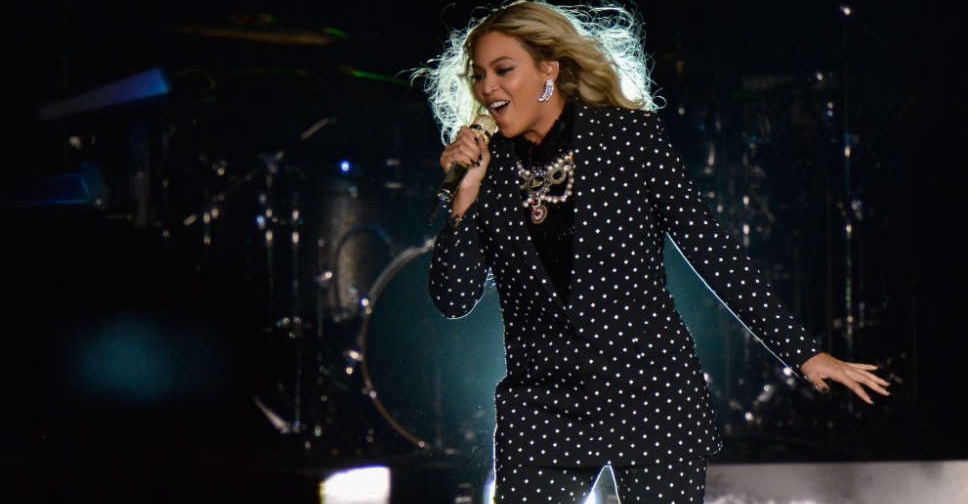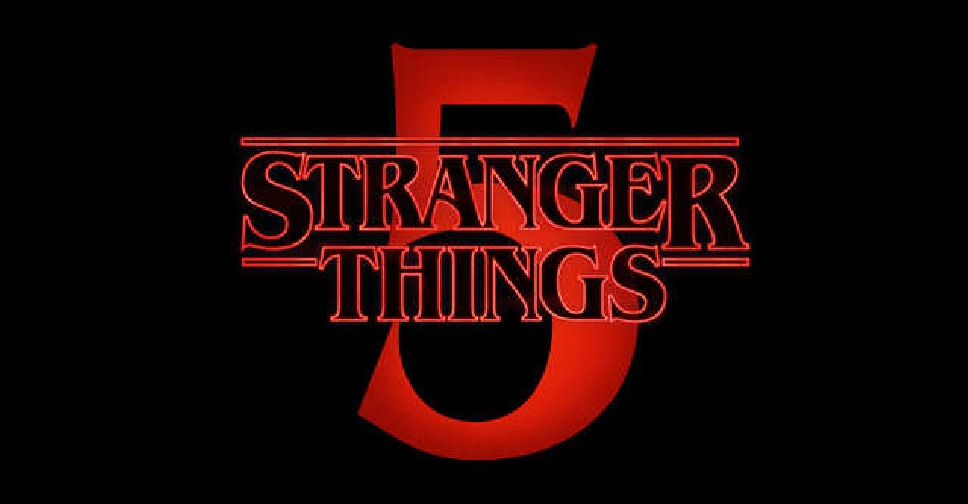
Texas native and singer-songwriter Denitia was deeply moved when she heard the first notes of Beyoncé's hit country song, "Texas Hold ‘Em."
But it was more than the exhilarating, catchy thrum of the banjo at the start of the song that caught Denitia’s attention: It was an overdue acknowledgement of the rich history of Black country music artists and their legacies.
"Beyoncé's success in country music is shining a light on a history of Black folks in country music, in our creation, our contribution to the genre, in our being listeners and avid audience members of country music," said Denitia, who now lives in Nashville and was named one of CMT’s next country artists to watch earlier this year. "We have been there from the start and we're still there."
Experts and fans view Beyoncé's foray into the genre as a reclamation and homage to the legacy of Black Americans within country music and culture – a history that has largely gone unrecognised in some mainstream music circles. They say Beyoncé, who was born and raised in Houston, Texas, is now walking in the footsteps of many acclaimed Black country music legends who came before her.
From historical figures like Lesley "Esley" Riddle, and Charley Pride, who broke down historical barriers, to current artists like Mickey Guyton, Jimmie Allen and Rhiannon Giddens, who played the banjo, an instrument of West African origin, heard throughout Texas Hold ‘Em.
“Despite the fact that country music as an industry and often country music spaces like bars and festivals, are primarily white, Black artists have been creating the music that's the roots of country,” said Francesca T. Royster, associate professor of English at DePaul University, where she teaches courses on Shakespeare, film, and Black feminism.
"The story that's been told about country music is that it's like this authentically white, nostalgic music, when in fact, Black, Indigenous, Latinx contributions are really important to the sound."
'TALENT IS TALENT'
Beyoncé is set to release her highly anticipated country album, Cowboy Carter, on March 29. She first teased the forthcoming album when she released two new songs after making a surprise appearance in a Super Bowl commercial. The album serves as the second in a three-album project that kicked off with her 2022 critically acclaimed Renaissance.
Excitement has swirled around the project, and Texas Hold ‘Em, has soared multiple music charts, cementing Beyoncé as the first Black woman to top the Billboard Country Chart. Royster noted that the banjo featured on the song has become a signature instrument, sound and tradition of country music, but added it was originally invented by and grounded in the music of enslaved Black people.
For Royster and others, Beyoncé's success is a reminder that "anyone, whatever their racial or ethnic identity, can participate in this culture and not feel like a genre or creed of creative art form or way of storytelling is closed to them".
Beyoncé has been vocal throughout her career about her ties to country music and southern culture, dropping hints throughout her career of the impact both have had.
Her 2016 Lemonade album featured the country song Daddy Lessons, which she performed later that year at the Country Music Awards with The Chicks, formerly known as The Dixie Chicks. While the performance was praised, it was also met with swift criticism and racist backlash, stating she had no place on country’s biggest stage.
There’s been a long documented history of exclusion within the country music space. A 2021 study found that between 2002-2020, just one per cent of songs played on country stations were by Black artists.
News of her country album has also been met with some mixed reviews and tepid response by some. Fans have complained several country radio stations have not given airplay to the songs, including Oklahoma radio station KYKC, which went viral for rejecting a fan's request to play Beyoncé's country song. General Manager Roger Harris said it rejected the request because the label initially designated it as under the Pop and R&B categories and the station was "unfairly targeted".
Despite the controversy, fans across the world continue to celebrate, posting clips of themselves donning glittery cowboy boots and hats, and dancing to the songs, like Danielle Williams-Hooey and three of her friends, who created a line dance routine to the song.
"I really appreciated it because there are a lot of African American country artists that we don't really know about, including myself," said Williams-Hooey, a teacher from Texas, noting she's hopeful the songs' success will "trickle down" to other Black country artists. “At the end of the day, talent is talent no matter what your skin colour is."



 Filming wraps for Stranger Things final season
Filming wraps for Stranger Things final season
 Abu Dhabi announces lineup for 2025 comedy season
Abu Dhabi announces lineup for 2025 comedy season
 Sigourney Weaver makes West End debut in 'The Tempest'
Sigourney Weaver makes West End debut in 'The Tempest'
 Global Village to ring in New Year with 7 fireworks shows
Global Village to ring in New Year with 7 fireworks shows

